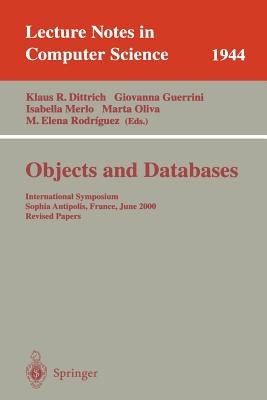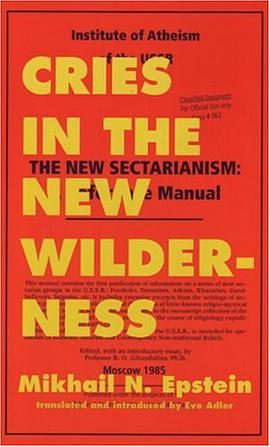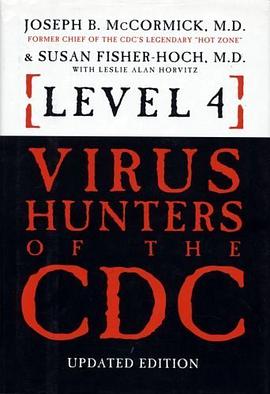

具体描述
在线阅读本书
Spatial knowledge representation and reasoning with spatial knowledge are relevant issues for many application areas such as robotics, geographical information systems, and computer vision. Exceeding purely quantitative approaches, more recently initiated qualitative approaches allow for dealing with spatial information on a more abstract level that is closer to the way humans think and speak.
Starting out with the qualitative, topological constraint calculus RCC8 proposed by Randell, Cui, and Cohn, this work presents answers to a variety of open questions regarding RCC8. The open issues concerning computational properties are solved by exploiting a broad variety of results and methods from logic and theoretical computer science. Questions concerning practical performance are addressed by large-scale empirical computational experiments. The most impressive result is probably the complete classification of computational properties for all fragments of RCC8.
作者简介
目录信息
读后感
评分
评分
评分
评分
用户评价
相关图书
本站所有内容均为互联网搜索引擎提供的公开搜索信息,本站不存储任何数据与内容,任何内容与数据均与本站无关,如有需要请联系相关搜索引擎包括但不限于百度,google,bing,sogou 等
© 2026 book.quotespace.org All Rights Reserved. 小美书屋 版权所有




















